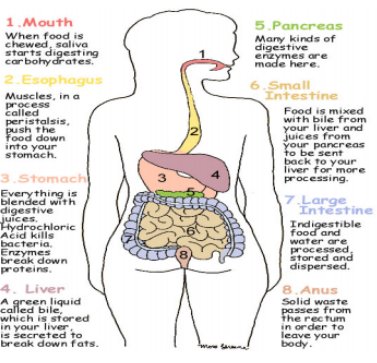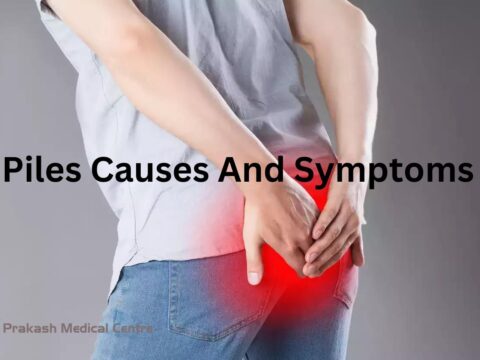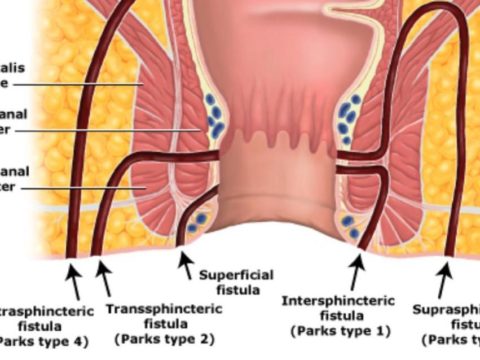
भगन्दर यानी FISTULA ; CURABLE BY AYURVEDIC TREATMENT
December 30, 2017CAUSE OF CONSTIPATION DIAGNOSED?
Constipation may be interpreted differently by different people. Some refer to it as infrequent bowel movement while for others it is difficulty in passing stool. Some people feel constipated if their bowel movement is incomplete. In some cases, constipation may accompany diarrhea, as in the case of the irritable bowel syndrome. It is therefore essential that constipation be viewed from these different perspectives and treated accordingly.
Constipation is a condition in which a person has fewer than three bowel movements a week or has bowel movements with stools that are hard, dry, and small, making them painful or difficult to pass. People may feel bloated or have pain in their abdomen—the area between the chest and hips. Some people think they are constipated if they do not have a bowel movement every day. Bowel movements may occur three times a day or three times a week, depending on the person. Most people get constipated at some point in their lives. Constipation can be acute, which means sudden and lasting a short time, or chronic, which means lasting a long time, even years. Most constipation is acute and not dangerous. Understanding the causes, prevention, and treatment of constipation can help many people take steps to find relief.







